Amr Tarek
Engineering Innovation
 © 2025 All rights reserved.
© 2025 All rights reserved.

Rust Variables
To make a variables in rust we need to use let keyword, by default the variable is immutable so you can't change its value once assigned, but you can use mut keyword to make it mutable.
Fundamental data types
These are the primitive data types.
integers
we have i8, i16, i32, i64 for signed int,
and u8, u16, u32, u64 for unsigned int.
let a:u8 = 123; //8-bits -- unsigned 0..255 -- can't reassigned
println!("a = {}", a);
a = 2; // error
let mut b:i8 = 0;
b = 42;
println!("b = {}", b);So let keyword here has bind the value 123 to memory name 'a',
You can avoid to write the i8, u8, and let the compiler automatic figure out the data type.
let mut a = 123456789; // 32-bit signed i32
To print the size of the variable you can use std::mem namespace
use std::mem;
let mut a = 123456789;
println!("a = {}, size = {} bytes", a , mem::size_of_val(&a));word size
we have isize and usize which is the word size in the memory or the pointer size, so in case of 32-bit system it will be 32-bit and 64-bit system it will be 64-bit. Important use for usize and isize is as index of array or vector
let z:isize = 123; // word size
let size_of_z = mem::size_of_val(&z); // this will be in bytes
pritnln!("z = {}, takes up {} bytes, {}-bit OS", z, size_of_z, size_of_z * 8 );
let idx:usize = 0;
let a = [1,2,3];
println!("a[0] = {}", a[idx]);
// a[0] = 1character
let d:char = 'a'; // 4 bytes
let c = 'x';real numbers
we have f8, f16, f32, f64 for float
let e = 2.5; //8 bytesboolean
let g = false; // will print false
let g > 0; // will print true